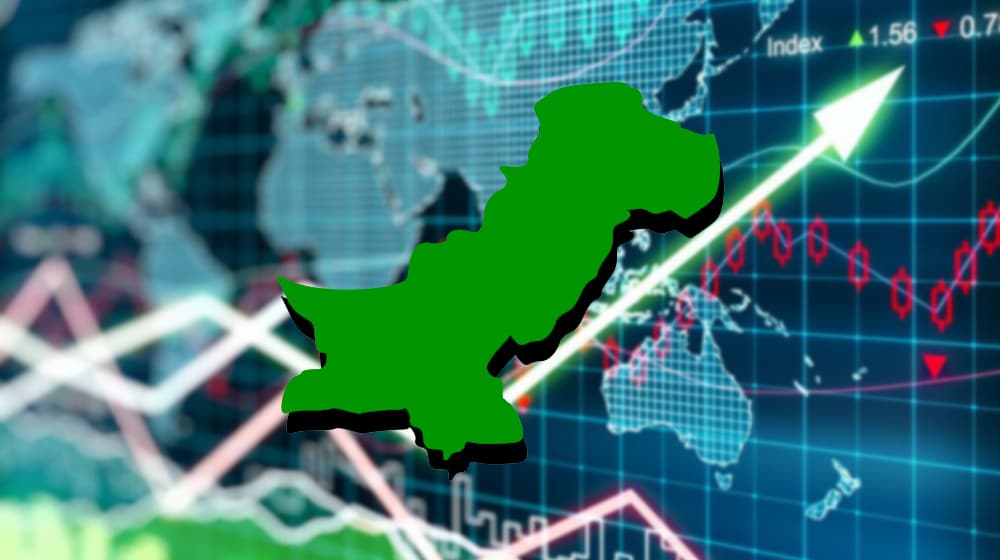The Ministry of Information Technology and Telecommunication (MoITT) has acknowledged that the telecom industry is essential to digitalization in Pakistan. But on the other hand, the industry is currently confronted with significant obstacles to its long-term viability due to recent changes in the country’s economy and monetary system.
In the official papers of the Ministry, it was mentioned that to address some of the difficulties; numerous industry stakeholders need to have discussions. The successful overcoming of these obstacles would make expanding the telecom sector in Pakistan much easier.
Revision of the Terms and Establishment of a Fixed Exchange Rate for License Fees
Since there is a lot of movement in the currency rate, a PKR value needs to be established. In addition, the Ministry pointed out that one of the obstacles they have to face is spreading the License Instalments across ten annual installments rather than five without interest.
They continued to justify their claim that the license cost is the most significant expenditure for Cellular Mobile Operators (CMOs). It will offer the operators a large amount of financial space if it is spread over ten years rather than 5. When this happens, it will be easier to make more investments in networks. There is a successful precedent in Pakistan, where the Economic Coordination Committee (ECC) in 2005 provided a moratorium on payments for five years and staggered the remaining sum over the next ten years.
The interest rate and exchange rate will be set when the licensing agreement is signed to protect against the risk of currency fluctuations and take the element of uncertainty out of any future business plans.
However, if these obstacles could be overcome, it would positively influence the CMOs’ ability to generate cash flow. There will be no loss to the GOP; the only change will be an extension of the term, which will offer stability to CMOs and reduce the impact of low ARPU on commercial viability.
The depreciation of currencies rises in interest rates, and inflation, as well as increases in CAPEX and OPEX, have all had a significant negative impact on the telecom sector.
The only thing that can be done to improve the sector is to enable it to apply a deduction of inflation charge on mobile recharge and bills to stabilize the fluctuating inflationary condition.
One of the most heavily taxed industries in Pakistan is the telecommunications sector. WHT has recently raised to 15 percent, although regulatory Duty is set at 20 percent on the optical fiber cable. According to the Finance Bill, 2021, WHT was supposed to be 8 percent, but it has instead climbed to 15 percent.
Even in times of conflict, having access to a reliable communications network is not an optional extravagance. Pakistan needs to have locally built telecom equipment to provide essential voice and internet services, yet this equipment is not produced locally. CMO’s network development, operations, and maintenance activities are being hindered due to a ban on importing vital telecom equipment that is not otherwise accessible locally.
The “Industry” status of the sector was officially acknowledged in the Finance Bill of 2021. However, the telecom industry, the backbone of digitization in Pakistan, is not supplied with any additional specific perks; yet, it is still required to purchase power at a higher retail cost.
Read:
Emergency Stimulus Package’ Proposed by Telecom Industry; Including Staggering License Payments over 10 Annual Installments Instead of 5
Ministry of Information Technology and Telecommunication launches Pakistan’s first free studio for digital media
Pakistan, UAE agree to enhance cooperation in IT and telecom






 Federal Govt to Review Social Media Rules
Federal Govt to Review Social Media Rules